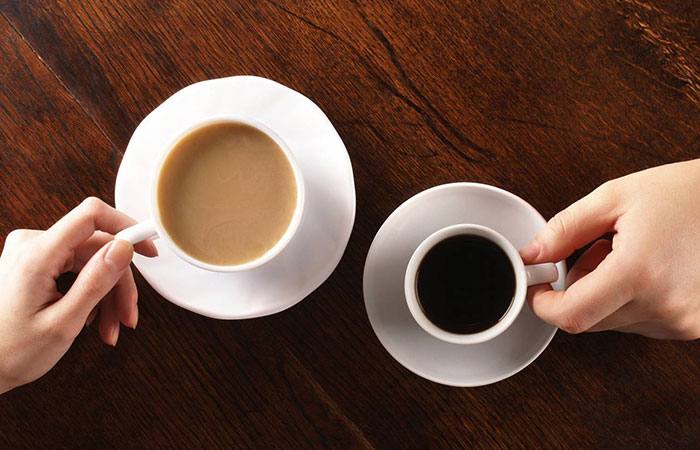
When it comes to warm beverages, tea and coffee have long reigned as the champions of choice for millions of people worldwide. The debate over which one is superior has sparked discussions, fueled cultural traditions, and even divided households. In this article, we will delve into the characteristics, health benefits, and cultural significance of tea and coffee, hoping to shed some light on this age-old debate and help you make an informed decision about your preferred cuppa.
Flavor Profiles:
Tea and coffee offer distinct flavor profiles that cater to different palates. Tea, derived from the Camellia sinensis plant, offers a wide range of tastes, from delicate and floral to bold and robust. Varieties such as green, black, oolong, and herbal teas offer a diverse array of flavors, each with its unique appeal. Coffee, on the other hand, boasts a rich and complex flavor spectrum, encompassing nutty, chocolaty, fruity, and earthy notes, among others. The choice between tea and coffee largely depends on individual preferences, with tea offering more subtle and nuanced flavors and coffee providing a bolder, more intense experience.
Caffeine Content:
Caffeine plays a significant role in the popularity of both tea and coffee, providing a much-needed energy boost for many individuals. However, there is a notable difference in their caffeine content. On average, a cup of tea contains around 20-60 milligrams of caffeine, depending on the type and brewing time, while a cup of coffee packs approximately 95-165 milligrams. Tea's lower caffeine content makes it a suitable choice for those who are more sensitive to stimulants or prefer a milder pick-me-up, while coffee's higher caffeine levels can provide a stronger jolt to kickstart the day.
Health Benefits:
Both tea and coffee offer a range of potential health benefits, thanks to their natural compounds and antioxidants. Tea, particularly green and herbal varieties, is known for its high polyphenol content, which may promote heart health, aid in weight management, and boost immune function. Additionally, certain teas, like chamomile or peppermint, possess calming properties that can help alleviate stress and promote relaxation. Coffee, on the other hand, is rich in antioxidants and has been associated with reduced risks of developing type 2 diabetes, Parkinson's disease, and certain types of cancer. Moreover, the caffeine in coffee has been linked to improved focus, alertness, and enhanced physical performance. Ultimately, the health benefits of tea and coffee are highly dependent on individual factors and consumption moderation.
Cultural Significance:
Tea and coffee hold significant cultural importance worldwide, deeply rooted in traditions, ceremonies, and social gatherings. Tea ceremonies, such as the Japanese matcha tea ceremony and the Chinese Gongfu tea ceremony, are renowned for their precision and mindfulness. Tea plays a crucial role in various cultures, including British afternoon tea, Moroccan mint tea, and Indian chai. Coffee, on the other hand, has become an integral part of daily rituals in many countries, with espresso culture in Italy, coffeehouses in Europe, and the rise of specialty coffee in recent years. The cultural significance of tea and coffee goes beyond their taste, reflecting centuries of tradition and social bonding.
The tea versus coffee debate is one that may never truly be settled, as both beverages offer unique characteristics and hold their own special place in the hearts and cups of people worldwide. Whether you lean towards the tranquility and variety of tea or the boldness and aromatic allure of coffee, the choice ultimately boils down to personal preference. So, savor your chosen brew, embrace the rituals it brings, and relish in the countless cups of comfort and delight that await you on either side of the tea or coffee divide.
Established in 2013, FamilyNeeds.net is connected to your lifestyle and everyday life. Publish reviews of your life, style, fashion and essentials.